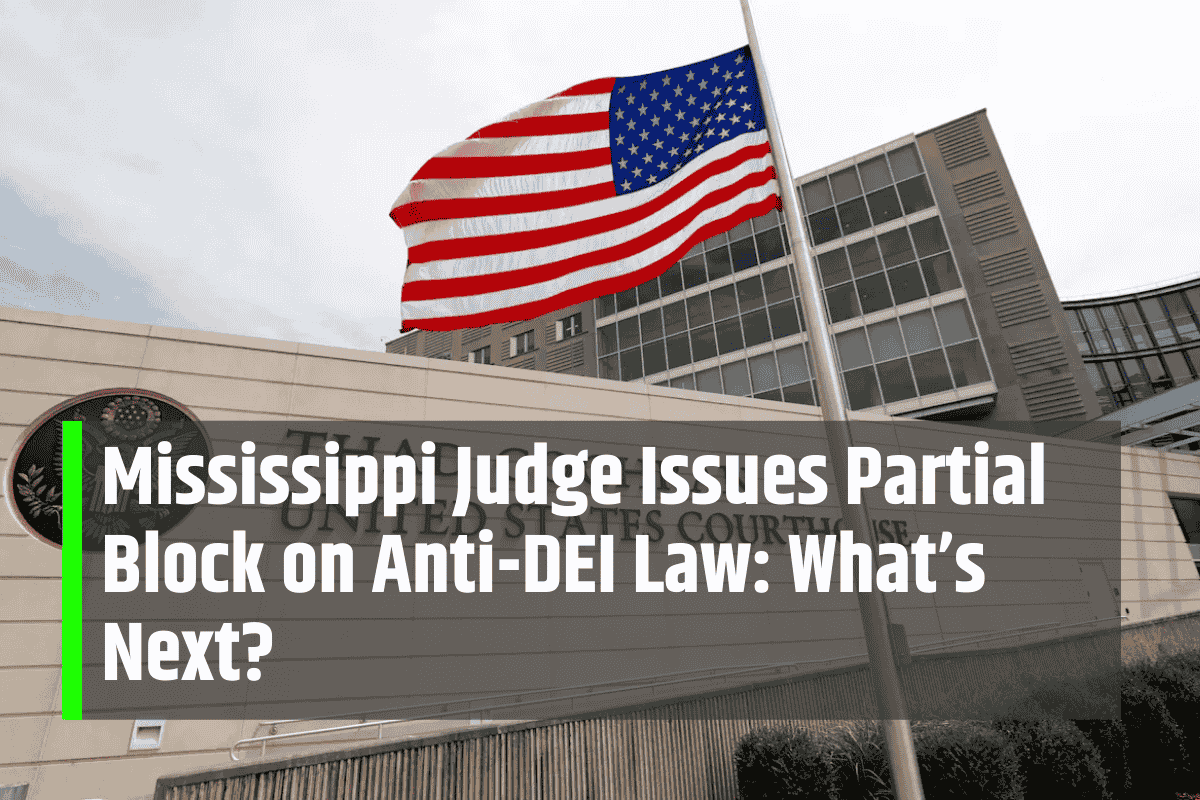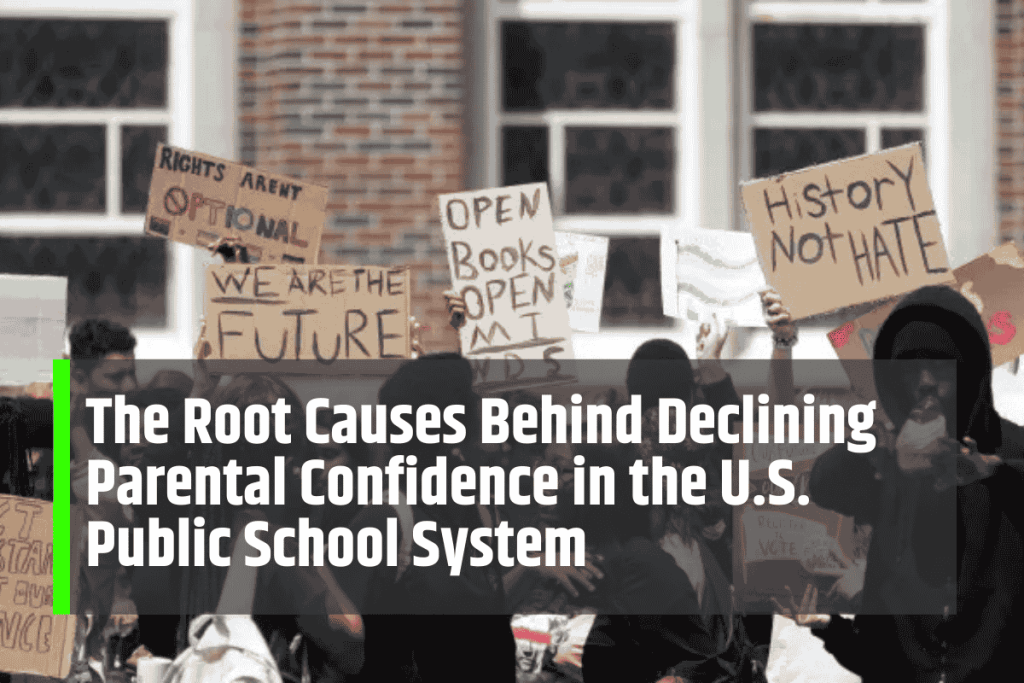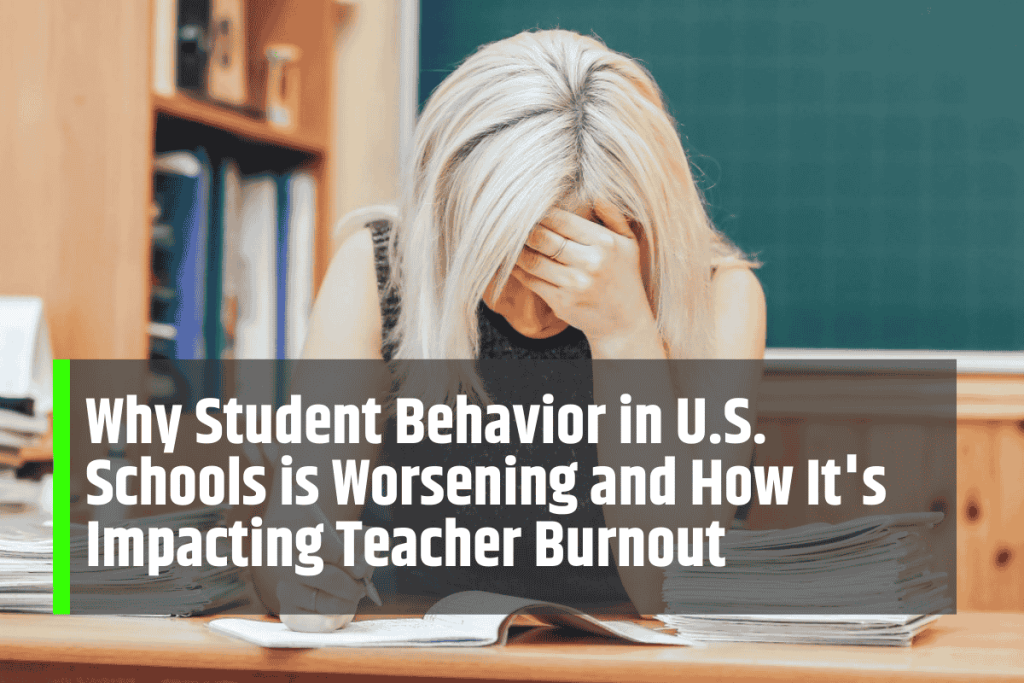On August 18, 2025, U.S. District Judge Henry T. Wingate issued a preliminary injunction, temporarily blocking key provisions of Mississippi’s House Bill 1193. This law, which prohibits public schools and universities from implementing diversity, equity, and inclusion (DEI) initiatives, was set to take effect soon.
The injunction prevents the enforcement of certain sections, particularly those related to “divisive concepts” on race, sex, gender identity, and other social topics, as well as bans on DEI offices and programs.
Background of House Bill 1193
Passed in April 2025, House Bill 1193 sought to eliminate DEI-related practices in Mississippi’s public education system. The law mandates merit-based decisions in hiring, admissions, and student engagement, prohibiting considerations based on race, sexual orientation, or gender identity.
Section 3(f) of the bill also restricts institutions from maintaining DEI programs or endorsing concepts like transgender ideology, gender-neutral pronouns, and gender theory.
Critics argue that the law’s vague language and broad prohibitions could suppress academic freedom and free expression, stifling important social discussions. Proponents, however, maintain that the law is necessary to ensure educational fairness and to prevent the promotion of what they consider divisive ideologies.
Legal Challenge and Court Ruling
In June 2025, the American Civil Liberties Union (ACLU) of Mississippi and the Mississippi Center for Justice filed a lawsuit challenging the constitutionality of House Bill 1193.
The plaintiffs, including educators, students, and parents, argue that the law violates their First and Fourteenth Amendment rights by restricting free speech and academic freedom. They contend that its vague definitions and sweeping provisions could lead to self-censorship, limiting open dialogue on social issues.
Judge Wingate’s ruling emphasized the law’s potential harm to free expression. He described the law as “unconstitutionally vague,” stressing that it could have serious negative consequences by chilling academic freedom. The injunction applies statewide, impacting both K-12 schools and higher education institutions in Mississippi.
Implications of the Ruling
The court’s decision temporarily halts key parts of House Bill 1193, allowing the continued implementation of DEI initiatives in Mississippi’s public schools and universities. However, the law’s provisions regarding preferential treatment based on race or sex remain in effect.
The state may appeal the ruling, which could result in further legal proceedings and potentially a review by the U.S. 5th Circuit Court of Appeals.
This case has broader implications, as it could set a precedent for similar laws in other states and influence national discussions on the role of DEI programs in education.
Looking Ahead: Legal Proceedings and Future Impact
The legal battle over House Bill 1193 is far from settled. The plaintiffs and state defendants are moving into the discovery phase, where they will gather evidence ahead of a bench trial. Following the trial, Judge Wingate will issue a final ruling, which may be appealed to the 5th Circuit.
The final outcome could not only determine the future of DEI initiatives in Mississippi but also shape the future of similar policies in other states across the country.
A Win for Academic Freedom, but the Fight Continues
Judge Wingate’s preliminary injunction marks a significant victory for those advocating for academic freedom and free expression in Mississippi. However, the partial enforcement of House Bill 1193 reveals the ongoing tensions between state legislation and constitutional rights.
As this case progresses, its outcome will be closely watched by educators, students, and policymakers nationwide, potentially setting the stage for broader debates about the role of DEI in public education.











Leave a Comment